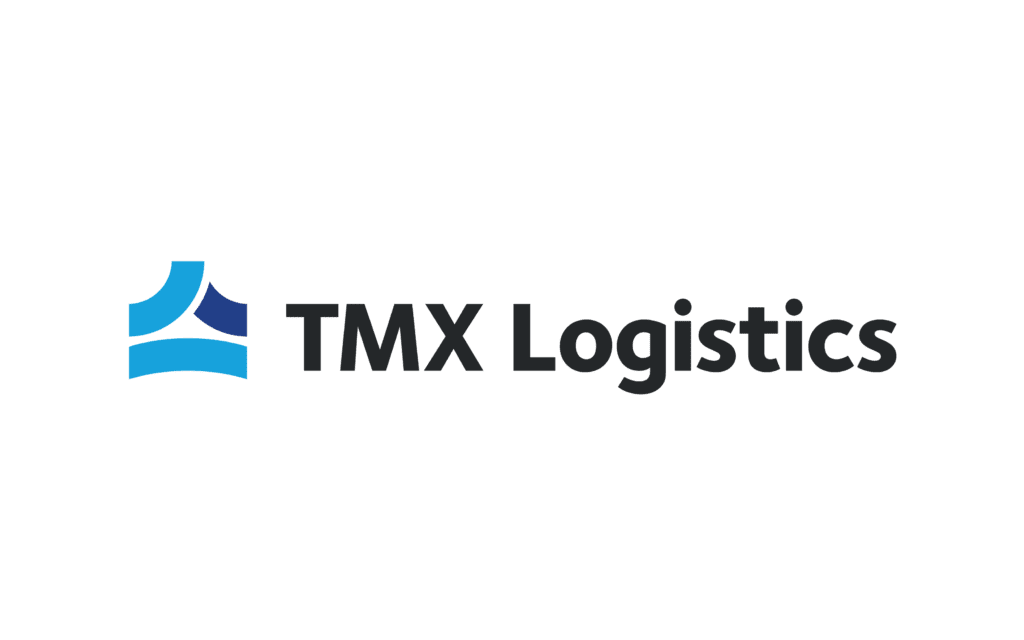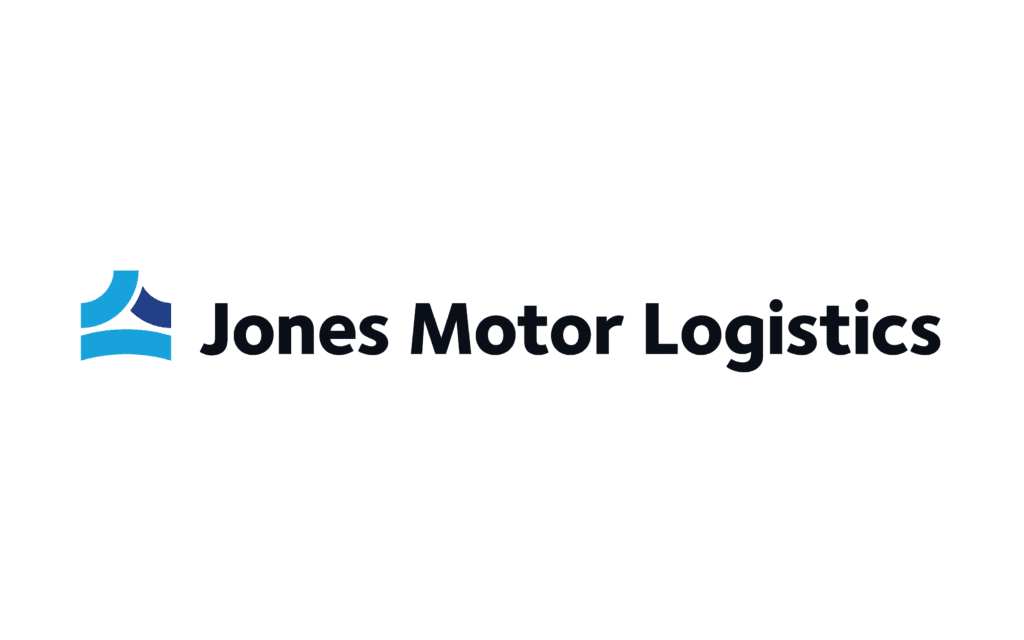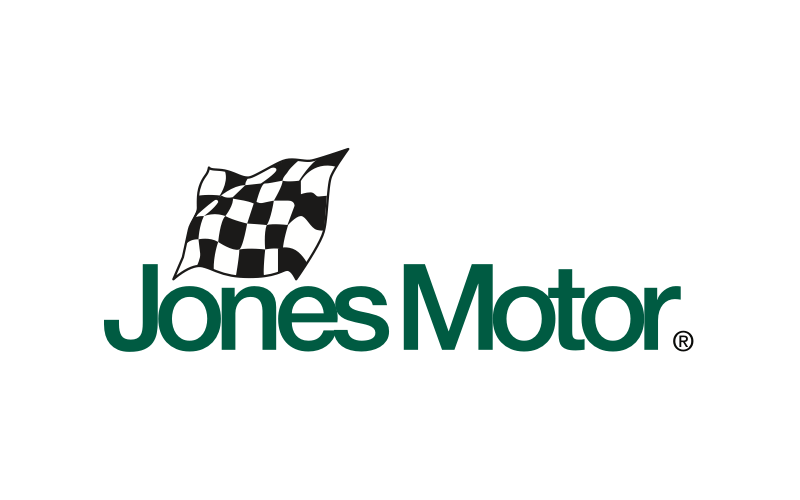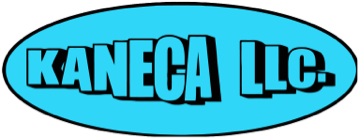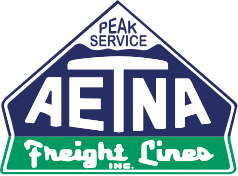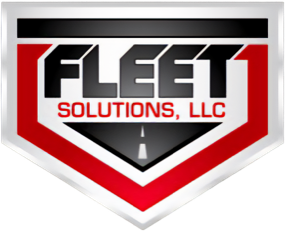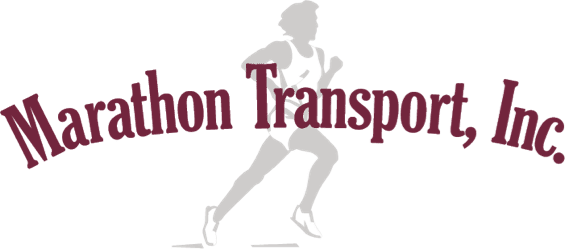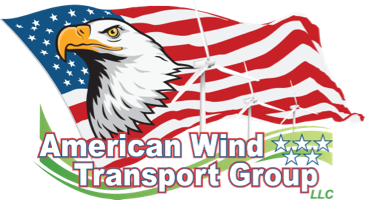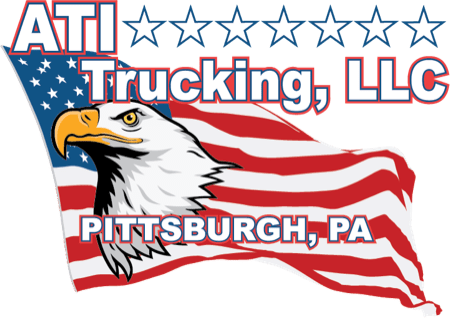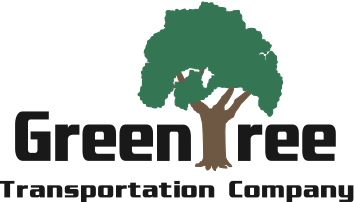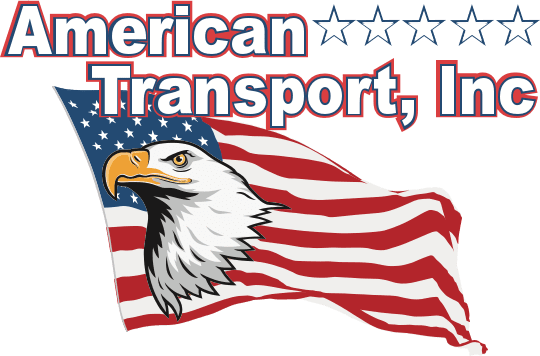At Bridgeway, moving high, wide, and heavy loads is our specialty. We understand that oversized load trucking requires more than just the right equipment—it demands precision, expertise, and a commitment to safety.
Here’s what you need to know about oversized load trucking, from what classifies as an oversized load down to the special considerations you need to take when hauling.
What is Oversized Load Trucking?
Oversized load trucking refers to the transportation of freight that exceeds the standard legal size and weight limits set by federal and state regulations for commercial vehicles. These loads are often too large, wide, tall, or heavy to fit on a typical flatbed trailer, requiring special trailers and careful planning to move safely and efficiently.
High, Wide, and Heavy Loads
When it comes to oversized load trucking, freight will generally fall into three categories—high, wide, and heavy.
- Wide Loads. A wide load is any load that exceeds the standard width limit for highways, which is typically 8.5 feet. Cargo that is too wide for a standard trailer requires specialized trailers, like Bridgeway’s multi-axle flatbeds or lowboy trailers.
Wide loads can range from large industrial or agricultural equipment like combine harvesters and CNC machines to construction materials like steel beams, or even prefabricated homes.
- Heavy Loads. Heavy loads exceed the standard 80,000 lb. weight limit for road transport. When it comes to heavy load trucking, strength and stability are essential. Heavy-duty trailers, like Bridgeway’s 2-axle to 5-axle RGNs or Schnabels, help evenly distribute the weight of extremely heavy cargo to prevent damage to roadways and bridges.
Heavy cargo can include large equipment like bulldozers, cranes, and military vehicles. Energy industry components like wind turbines and generators are also common heavy cargo.
- Tall Loads. Tall or high loads include cargo that exceeds the height limit of about 13.5 to 14 ft. Tall cargo might include large industrial equipment, aircraft components like fuselages and wings, or oversized shipping containers.
Moving these loads requires specialized low-clearance trailers, such as RGNs or Bridgeway’s18” Lo-Pro Step Decks, to prevent collisions with overpasses, bridges, or tunnels.
Special Considerations for Oversized Load Trucking
Transporting oversized loads isn’t as simple as loading the cargo and hitting the road. Several key factors come into play to ensure that the load is transported legally and safely:
Permits and Regulations. Oversized loads often require special permits from state and local authorities. Each state has its own specific regulations for oversized loads, so multiple permits may be required along your route. Bridgeway helps secure all the necessary state and federal permits so you can transport your oversized load safely and legally.
Route Planning. Not all roads are built to handle oversized loads. Careful route planning is essential, especially when transporting very high or heavy loads. Bridgeway conducts thorough route surveys to consider road conditions and closures, bridge capacities, low-clearance structures, and other potential obstacles.
Escort Vehicles. Escort vehicles, or pilot cars, are often required for wide, long, or tall loads. These vehicles travel in front of or behind the truck, helping to navigate traffic and signal potential hazards. We coordinate all the necessary escort services to ensure your cargo arrives safely, even in areas with tight or narrow routes.
Expertise. Accidents, delays, or cargo damage can be extremely costly. Our licensed and highly experienced oversized load drivers are the best in the business. They’re trained in the complexities of oversized load trucking and are committed to ensuring that your freight arrives on time, every time.
When it comes to oversized load trucking, Bridgeway offers the expertise, equipment, and dedication to move even the most challenging loads. With over 40 years of experience in the transport of high, wide, and heavy cargo, we’ll make sure your freight arrives safely, on time, and in compliance with all regulations. Ready to haul? Connect with us.
